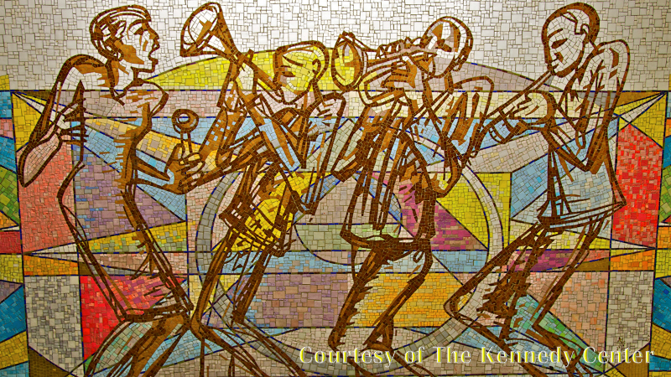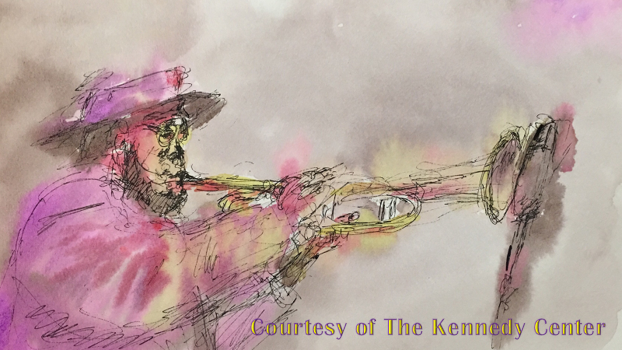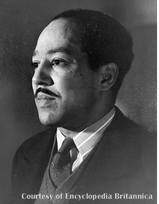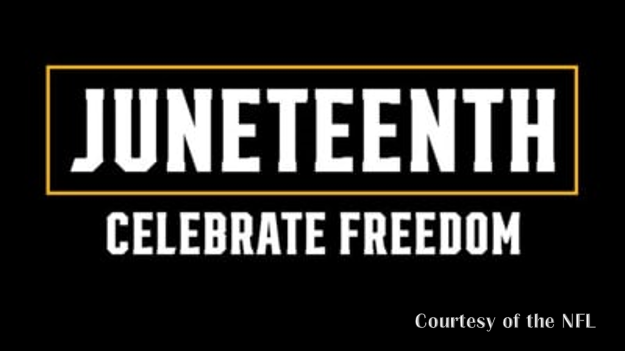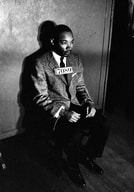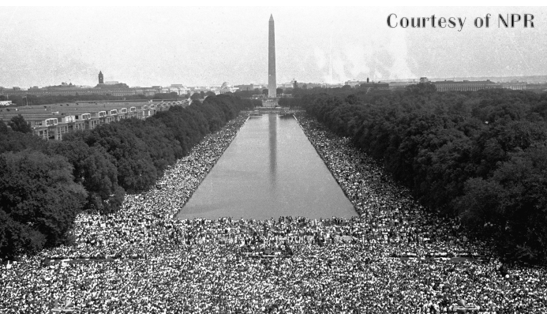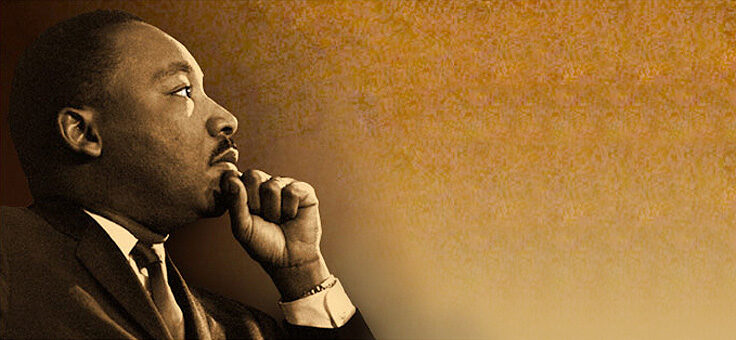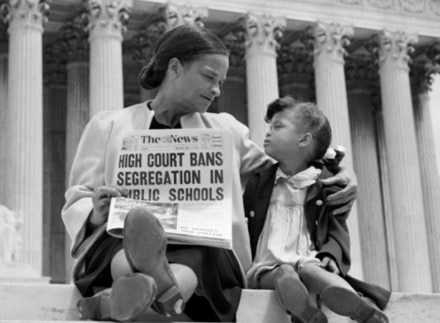February is Black History Month. Utilize these important topics, with lessons, to expand the knowledge and view of our students while celebrating Black History Month.
|
Musical Harlem
(Grades 3 - 5) How is jazz music reflective of the
Harlem Renaissance? In this 3-5 lesson, students will learn about the Harlem Renaissance and create original jazz artwork.
Jazz Music, Dance, and Poetry
(Grades 3 - 5) What are the basic movements, melodies, and poetic methods of jazz?
In this 3-5 lesson, students will explore jazz music and dance, then write a jazz-inspired cinquain poem. They will build their background on the history of jazz and its use of improvisation to demonstrate jazz dance movements.
|
The Poet's Voice:
Langston Hughes and You (Grades 6 - 8) What qualities make a writer's voice forceful, distinctive, and memorable?
Five journal entries and accompanying class discussions guide students in developing a general definition of voice in poetry, and in analyzing and appreciating the poetic voice of Langston Hughes in particular. These writing and discussion activities culminate in a writing assignment.
|
History of Juneteenth
(Grades 6 - 12) Why is Juneteenth now a national holiday?
Students will explore and discuss the history and context around the Juneteenth holiday in the United States. Topics explored will include the history of racial injustice in the U.S., the Civil War and the limitations of the Emancipation Proclamation.
Selma in Pictures
(Grades 6 - 12) A Socratic Seminar
The Socratic Seminar is the name of a teaching and learning process that follows a standard yet adaptable set of procedures that promote critical thinking by requiring students to find evidence to support their claims.
|
The March on Washington and its Impact
(Grades 9 - 12) Lower grades if modified How far did the influence of the "I have a dream" speech reach?
Students will read (or listen to) Martin Luther King Jr.’s speech and explore themes such as the social conditions in the U.S. that led to the Civil Rights Movement, King’s philosophy and practice of peaceful resistance, the immediate impact of the March on society at the time and the long-term significance of the March.
March on Washington Resources
What is Discrimination?
(Grades 9 - 12) Lower grades if modified Can discrimination ever be fair?
Students will view video clips and short readings to help determine what is "fair" or "unfair". This lesson is designed for middle and high school students with intellectual disabilities. It is designed specifically for students who have difficulty with verbal and written expression.
|
